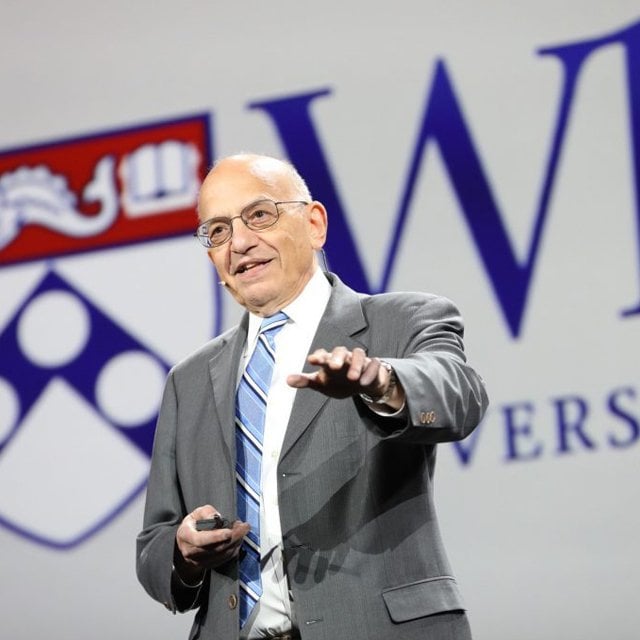Jeremy Siegel: Stocks Have Been the Best Long-Term Investment for 220 Years

What You Need to Know
Siegel is more optimistic about 2024 now than he was two weeks ago.
The banking crisis may have been a blessing in disguise, he said.
He suggests raising the FDIC insurance cap to $1 million.
Stocks have generated the best long-term returns among the asset classes, despite various crises such as the Great Depression, the tech bubble and the COVID-19 pandemic, and major technological developments, Wharton economist Jeremy Siegel said this week.
When Siegel first published his book, “
For the book’s recently published sixth edition, Siegel calculated real stock returns for the subsequent 30 years and found they had achieved the same 6.7% result, “which is really quite remarkable and shows you the long-term persistence and stability of long-term stock returns,” he noted on the “Facts vs Feelings” podcast hosted by Ryan Detrick, chief market strategist, and Sonu Varghese, global macro strategist at the Carson Group.
Siegel, an emeritus finance professor at the Wharton School and WisdomTree senior investment strategy advisor, noted that the financial market landscape has shifted dramatically since he first wrote the book, including the advent of exchange-traded funds, electronic trading and the disappearance of commissions.
“There’s huge changes and … the lightning speed by which information flows that could cause a bank run like on Silicon Valley Bank,” as well as meme stocks and trading sparked by Reddit messages, he said. “None of that was in existence back then but the basic principles of investing, the real return on stocks being the best of all major asset classes, has still persisted.”
Trying to time the market is the biggest mistake investors make, according to Siegel, who added that even those who invest broadly in indexes do badly when they try to time the market.
“They get scared at the bottom, they get overly bullish at the top,” he said. “As a result they take money out when it’s at the bottom, they put more money in at the top, and even if you’re purely indexed you underperform the S&P or whatever your index is dramatically as a result of trying to time the market.”
He advised investors who enjoy playing the market and trying to pick winners to “have fun but not with the bulk of your savings.”
Higher Wages Needed
In the podcast, recorded a day before the Federal Reserve announced a 25-basis-point hike in its benchmark interest rate, Siegel reiterated his view that the central bank has gone too far in its monetary policy tightening and shouldn’t be trying to stymie employment.
He noted he’d been worried that the Fed needed to go softer on raising rates to fight inflation or risk causing a crisis. (He had predicted recently that the Fed would make a 25 bps increase this week and signal a possible pause in rate hikes.)
“I think they went up too fast they ignored the effects on the banking system, raising the probability of a recession, which I don’t think was necessary,” he said, noting inflation has slowed dramatically. Siegel also repeated his criticism of Fed Chairman Jerome Powell’s efforts to push wages lower.
“We have a structural labor shortage in the U.S. caused by a number of factors,” he said. The nation needs immigration reform and experienced a structural shift during the COVID crisis, “and if you have a structural shift downward of labor supply you must have an increase in labor wages to induce people into the market. So it seems to me a wrong policy of Chairman Powell to try to beat down wages when in fact we need wages to rise so people can fill slots that remain empty,” Siegel said.
“And we don’t need to put 2 million people out of work to cure the inflation problem, which frankly the Fed itself created by overexpanding in 2020 and 2021,” he added.






